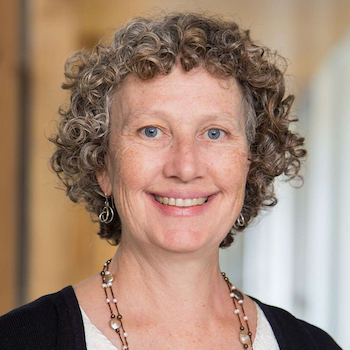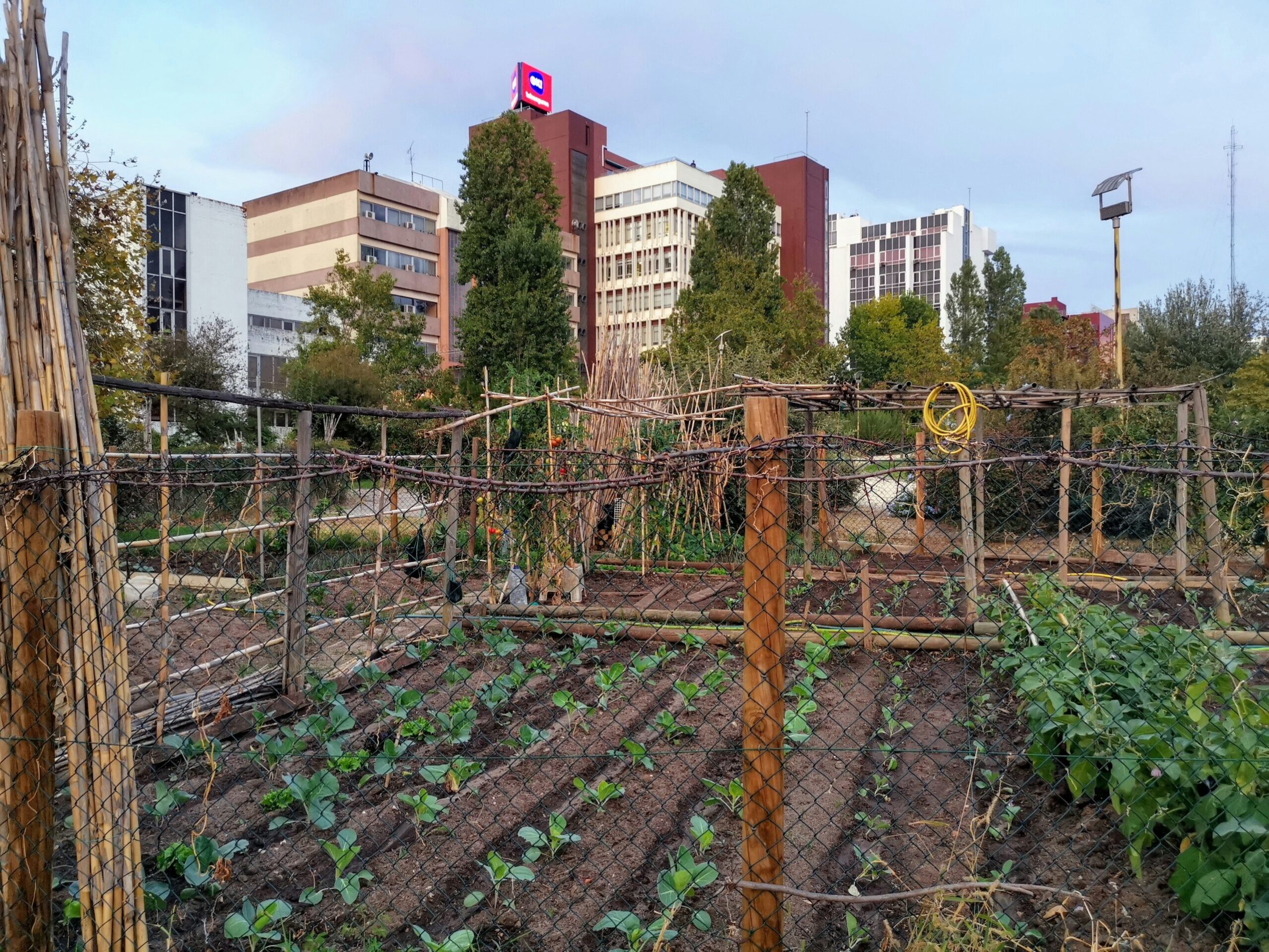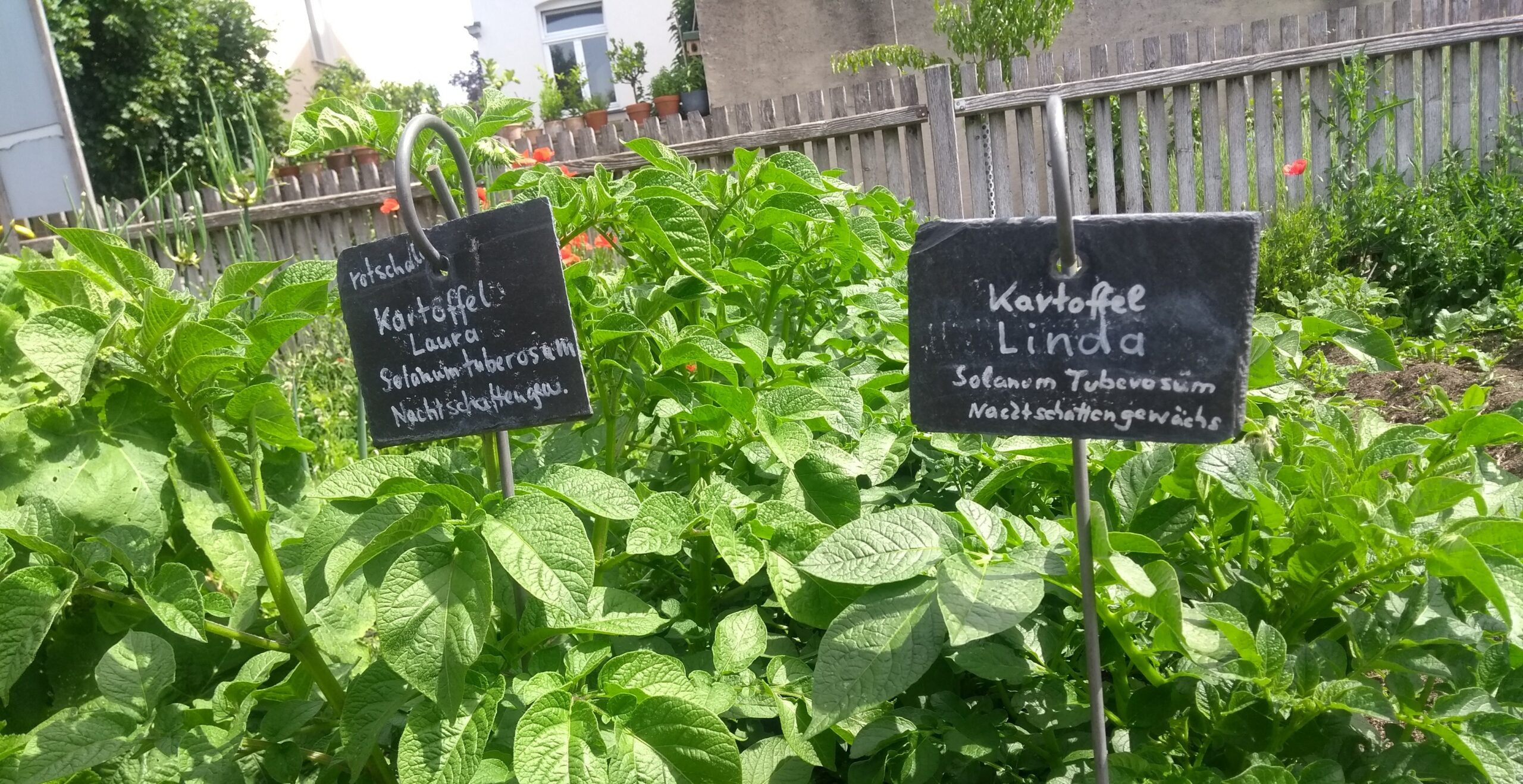Wilfrid Laurier University Professor Alison Blay-Palmer (RUAF partner) has been named United Nations Educational, Scientific and Cultural Organization (UNESCO) Chair in Food, Biodiversity and Sustainability Studies. Led in Canada by the Canadian Commission for UNESCO, the prestigious UNESCO Chairs program promotes international inter-university cooperation in key priority areas for the agency. The chair program involves more than 781 institutions in 116 countries. It includes relatively few Canadian English-language universities, making Blay-Palmer only the fourth Ontario scholar to participate in the program.
“Professor Blay-Palmer is already recognized as a national leader in food sustainability research,” said Jonathan Newman, Laurier’s vice-president: research. “Being a UNESCO chair will help her make a global impact, ultimately helping build a more environmentally, socially and economically sustainable food system for the whole planet.”
“We are very pleased to welcome this new UNESCO chair as the 27th member of our prestigious and dynamic Canadian network,” said Sébastien Goupil, secretary-general of the Canadian Commission for UNESCO. “In addition to addressing key UN sustainable development goals relating to hunger, gender equality and climate change, its work will bridge the nature-culture nexus by bringing together Indigenous and non-Indigenous peoples. The chair’s work will tackle pressing and urgent issues relating to biodiversity, food security and sustainable development, all critical in light of the challenges humanity is currently facing.”
Blay-Palmer is founding director of the Laurier Centre for Sustainable Food Systems (LCSFS) and the Food: Locally Embedded, Globally Engaged (FLEdGE) partnership as well as a member of Laurier’s Department of Geography and Environmental Studies and School of International Policy and Governance, based at the Balsillie School of International Affairs.
“We’re supporting community-driven research that’s focused on food systems, from the way seeds are developed to the way food is composted and everything in between,” said Blay-Palmer. “We’re interested in food systems that are fair, ecologically regenerative, biodiverse, healthy and community-driven, that engage local economies and encourage citizen participation.”
As a UNESCO chairholder, Blay-Palmer plans to continue to work with the LCSFS and FLEdGE to examine food sustainability from biophysical, cultural and economic points of view. With nearly 90 partner organizations around the world, the work is already international – but the UNESCO chair will help it expand its reach, with more partners in the global south and in Indigenous communities in Canada and internationally. The work will also be connected to the United Nations Sustainable Development Goals.
“UNESCO chairs are more than just the chairholders,” said Blay-Palmer. “Thanks to the multiple international partnerships they generate, they’re a real platform for change.”
For her work with FLEdGE, Blay-Palmer was recently named a finalist for the prestigious Social Sciences and Humanities Research Council of Canada (SSHRC) Impact Awards, in the Partnership category. She was also named a finalist for the same national award in 2012. In 2016, she was inducted into the prestigious College of New Scholars, Artists and Scientists of the Royal Society of Canada. She was previously Centre for International Governance Innovation Chair in Sustainable Food Systems and has served as a UN expert and advisor since 2017.
“The industrial food system is producing a number of problems,” said Blay-Palmer. “There are 821 million people who are food insecure and also over two billion people who are overweight or obese. This is a health crisis. We also have a climate crisis. Up to 37 per cent of greenhouse gas emissions are tied to the current food system, depending on location. When you put these things together, it means sustainable food systems are an amazing lever for solving some of the most pressing problems we’re facing as a global society.”
A UNESCO chair term is for four years and is renewable. While funding is not directly attached to the program, it is an internationally recognized honour that helps chairholders secure grants and form connections around the world. Blay-Palmer has already been successful at attracting funding for food sustainability research. FLEdGE has received nearly $2.5 million in SSHRC funding and has raised some $3.5 million in additional funding from external sources. Much of that funding helps develop capacity – FLEdGE has so far offered more than 200 training opportunities to students in Canada and beyond.
In addition to working with partners around the world, as chairholder, Blay-Palmer will lead a number of Laurier faculty, staff and students working on food sustainability issues. Among these are Professor Edward Shizha, who researches the science of traditional knowledge in Zimbabwe; Associate Professor Jennifer Baltzer, who is Canada Research Chair in Forests and Global Change; and Adjunct Professor Andrew Spring, who is undertaking food security research in the Northwest Territories in partnership with several communities. Elena Christy, Amanda Di Battista, Jennifer Marshman, Heather Reid and Laine Young are staff and students who are also key members of the team.
“We should all have access to healthy, sustainable food that supports us and the planet,” said Blay-Palmer. “While this is a challenge, we do have the tools to make it happen. The UNESCO Chair in Food, Biodiversity and Sustainability Studies will help us achieve these goals.”
A launch event for the UNESCO Chair in Food, Biodiversity and Sustainability Studies will be held on Tuesday, Jan. 28, 2020, from 7 to 9 p.m. at the Balsillie School of International Affairs. Register at Eventbrite.
Source: Lauriers News Hub






